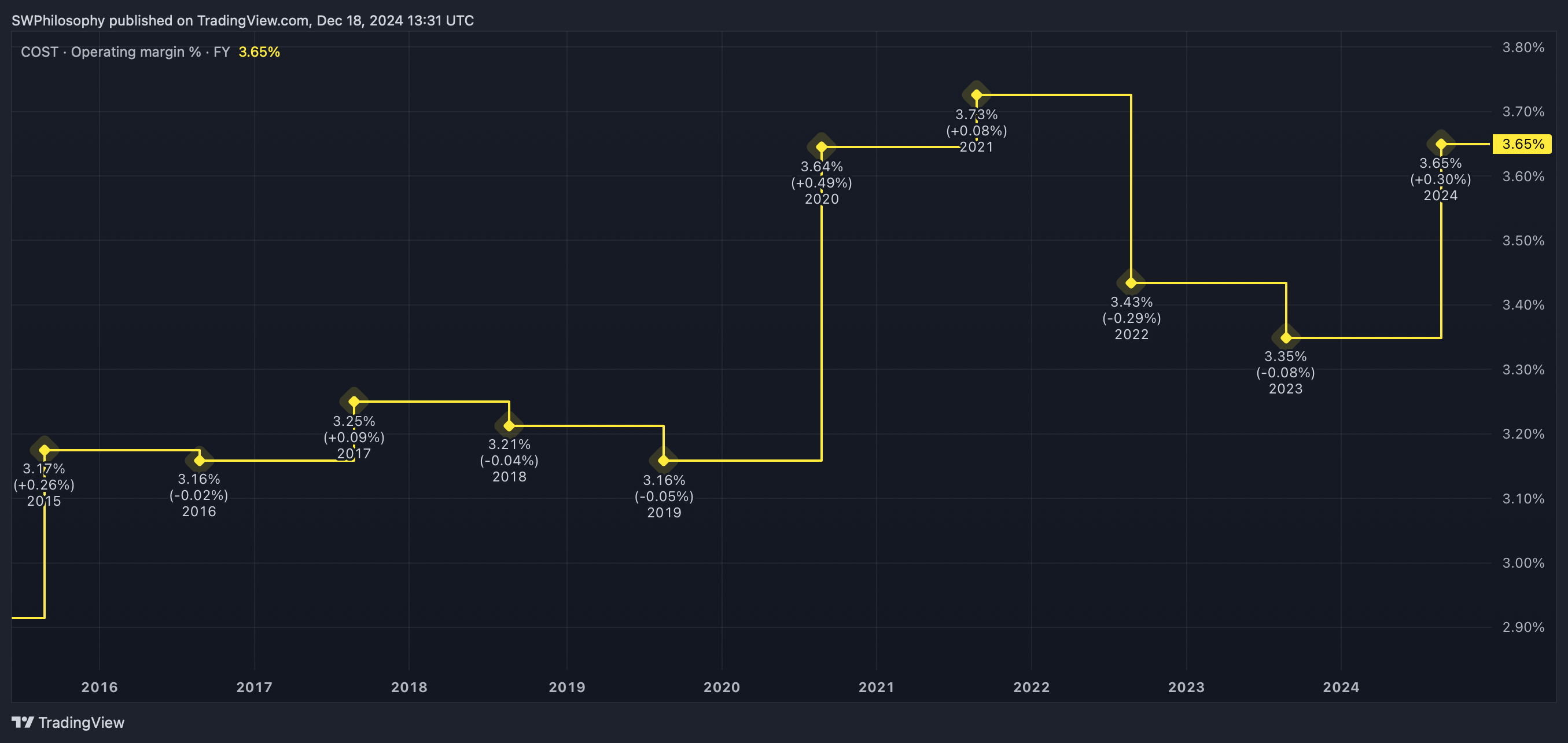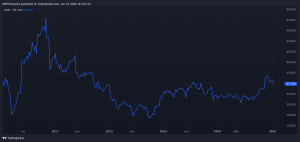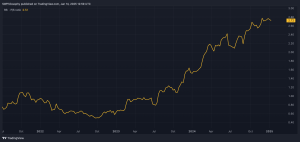A high price-to-earnings (P/E) ratio can sometimes put value-oriented investors off buying a stock. But with some growth shares, this can be a mistake.
Stocks that trade at big earnings multiples can be a great investment. Charlie Munger’s Costco Wholesale (NASDAQ:COST) example illustrates this perfectly.
A Charlie Munger recommendation
At the 2022 Daily Journal shareholder meeting, Munger said the following:
I’ve always believed that nothing was worth an infinite price. So at some [point] even an admirable place like Costco could get to a price where you would say ‘that’s too high’. But I would argue that if I were investing money for some sovereign wealth fund, or some pension fund and had a 30, 40, or 50-year time horizon, I would buy Costco at the current price.
When Munger said this, Costco stock was trading at $512 per share. Since then, the share price has reached $982 and the company has distributed just under $27 per share in dividends.
That’s a total return of 97%, which is comfortably ahead of the S&P 500. And when Munger made that statement, Costco shares were trading at a P/E multiple of 44, which is high by anyone’s standards.
Why has Costco outperformed?
There are two main reasons Costco has outperformed since 2022. One is the growth from the underlying business – earnings per share (EPS) has increased by 26% over the last couple of years.
Costco EPS 2020-24
Created at TradingView
That increase in EPS has been compounded by an expanding P/E multiple. The stock has gone from trading at 44 times earnings in 2022 to 58 times now.
Costco P/E ratio 2020-2024

Created at TradingView
That’s not only high by the standards of the S&P 500, it’s historically high for the company. And Munger did acknowledge that it was – in principle, at least – possible for the stock to become overpriced.
The big risk for investors considering buying Costco shares is that the company doesn’t grow fast enough to justify the current P/E multiple. And I think this a concern to take seriously.
Where does growth come from?
Over the last 10 years, Costco’s operating margins have been remarkably stable. That’s not a big surprise for a business that is focused on customer value and avoids pushing up prices.
Costco operating margins 2015-2024

Created at TradingView
The result is that earnings growth is driven by higher sales. And there are two main ways the company can keep increasing revenues in future – open more stores, or sell more from existing ones.
Over the last decade, the number of Costco stores has increased by an average of around 30 per year. That’s about 3% of the current store count, which isn’t particularly striking in terms of growth.
Equally, like-for-like sales growth has typically been around 7% per year. Even combining this with the new store openings, it’s going to take a long time before the current share price looks cheap.
Long-term investing
This is where long-term investors have an advantage. It’s hard to see how Costco’s valuation makes sense over a short time horizon, but if it can grow over a period of decades, things might be different.
Should investors still consider Costco shares at today’s prices? I’m undecided, but I certainly don’t think the high P/E multiple is a reason to dismiss it out of hand.
This post was originally published on Motley Fool






